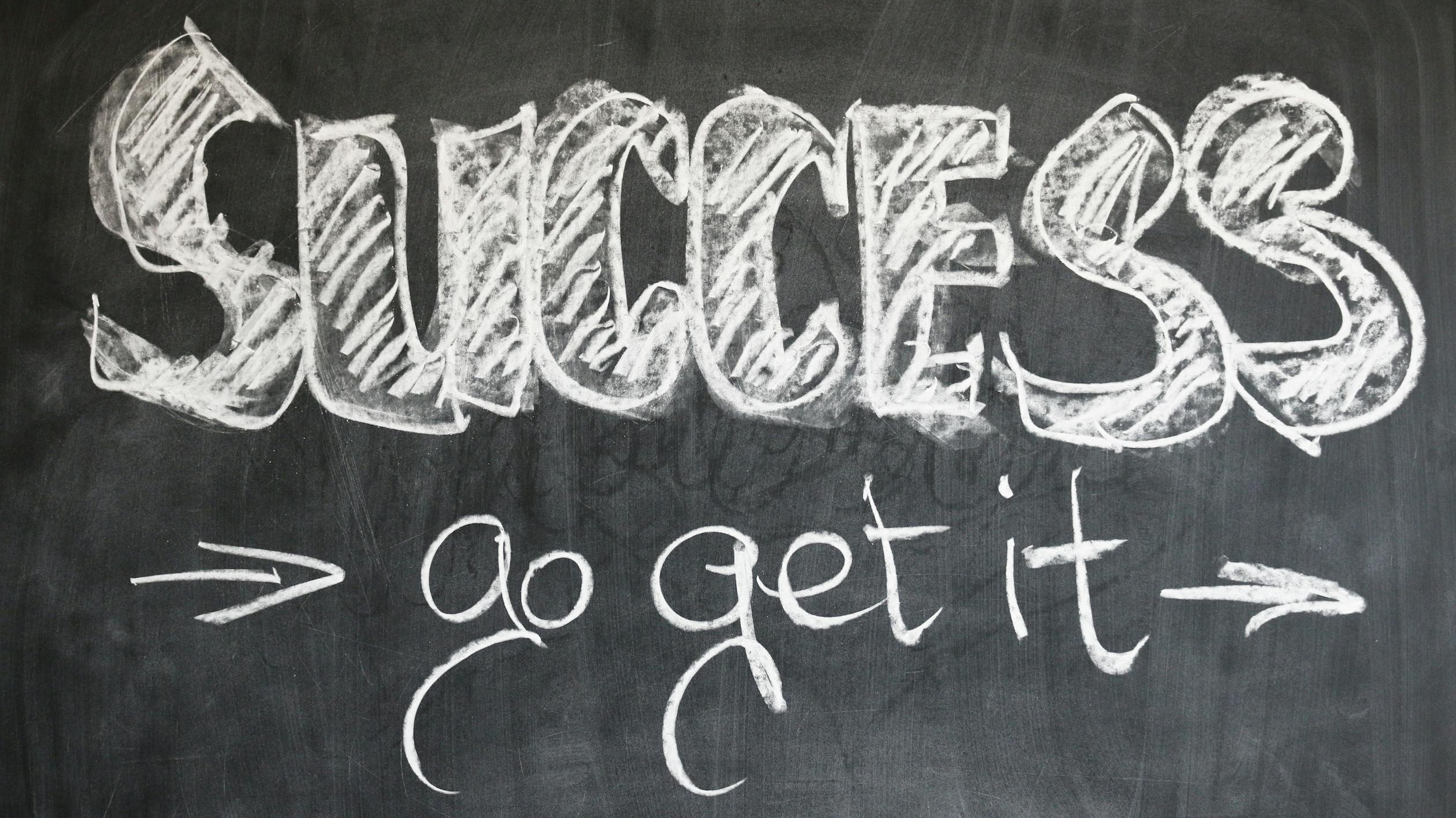
The Best Learning Environment To Succeed In Life
Students’ intellectual, emotional, and social performance in school is dependent on positive, productive learning environments. Unfortunately, the best learning environment is not formed by themselves; they must be developed. Making a pleasant learning environment for pupils entails a number of factors. To begin, positive educational environments should provide a secure environment where taking risks is fostered, open real interaction is supported, mutual trust are created, and positive interaction is the standard.
Make learning more interesting
Encouraging adaptability and leadership
Conscience Education
It’s beneficial to be vulnerable.
1) Make learning more interesting
Students will become more engaged in the lesson if the topic or concept is relevant to their own achievement and pleasure. Find ways to tailor the lesson or presentation to the interests of pupils whether individualised education, science, social studies, or even history. If possible, learn about your own interests, abilities, and learning styles. Adjust educational methods and procedures as resources allow to match the requirements of pupils on an individual basis, and you’ll notice that kids are more attentive and interested.
2) Encouraging Adaptability and Leadership
People feel a sense of accomplishment and accomplishment when they are in positions of leadership and responsibility. It also provides youngsters with exposure to a variety of leadership styles. Giving leadership responsibilities in your study environment and merit-based incentives in classes will go a far toward motivating pupils to achieve their goals. Ensure that every student gets the chance to lead. They can accept or reject the challenge, but knowing that they have the option to develop toward leadership is a crucial life skill.
3) Conscience Education
An efficient learning atmosphere is one in which students gain skills that will prepare them for life. Encouraging continuous improvement is a great method to engage and motivate kids, as well as help them become more socially aware and successful adults. Students may pick and explore their abilities by completing open-ended assignments with a range of evaluation techniques. Students’ critical thinking and problem-solving abilities will be enhanced via real concern education and research projects that require them to hypothesise, investigate, and discover. Children will learn how to think independently and make conclusions, discoveries, blunders, and breakthroughs as a result of these vital qualities.
4) It’s beneficial to be vulnerable.
Vulnerability fosters trust more quickly than any other strategy. Accepting responsibility for your mistakes demonstrates that you are a human being and makes one more accessible. It also provides the idea that making errors is OK in this setting. That is how we acquire knowledge. Vulnerability and open self-evaluation also aid in the development of a growth mindset society: rather than avoiding errors at all costs, we embrace them. We grow as a result of our blunders. Instead of making an excuse, talk about how you’re grateful you made the mistake since it educated you.
Conclusion
Learning is very important at all stages of life. Being in the best learning environment makes you more productive and helps you achieve better things faster. If you are in a non learning environment you won’t be able to learn new things and succeed in your life. So always make sure that you are in a better learning environment instead of focusing on other things.